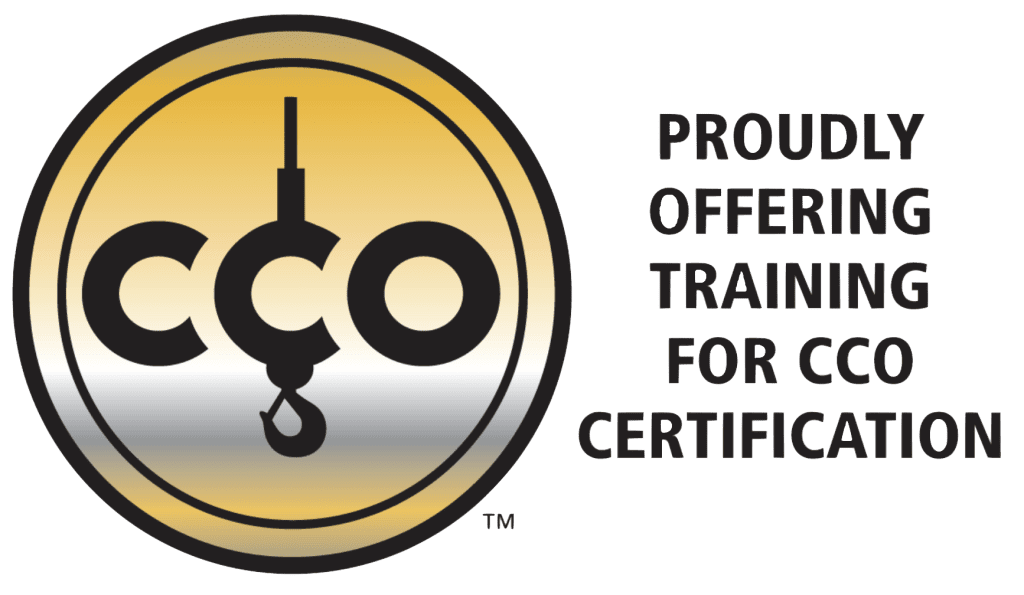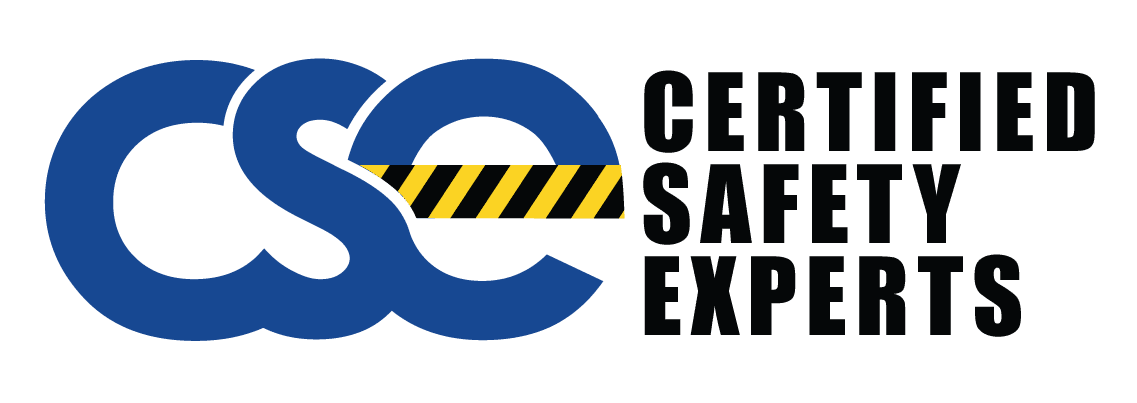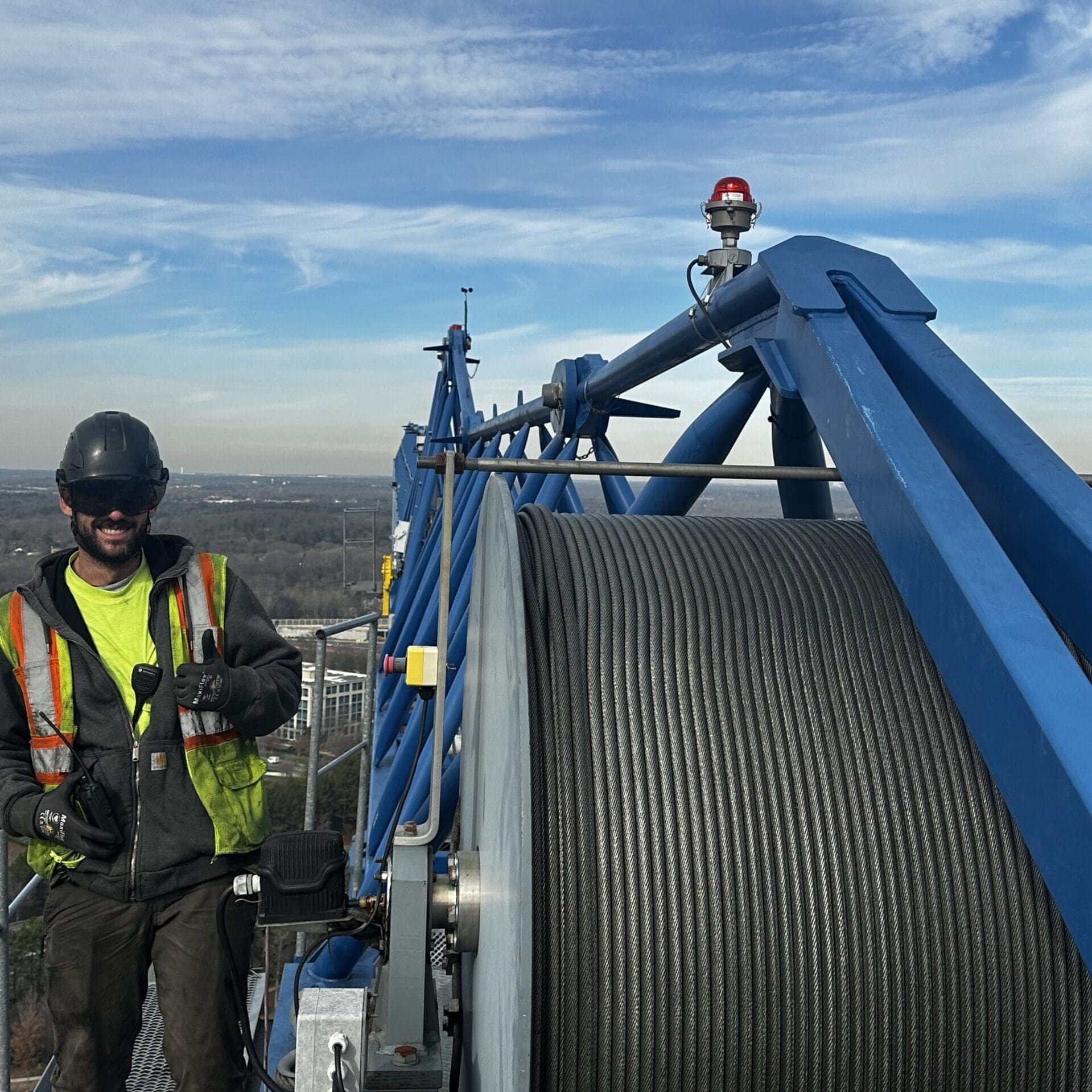Have you ever watched a massive crane lift heavy stuff and thought, ‘How do they do that?’ Well, it’s not just about muscle; it’s about skill and training. Becoming a crane operator is a solid career choice if you like working with big machines and being part of building things. But how long does it actually take to get trained and certified? Let’s break down what you need to know about crane operator training.
Key Takeaways
- Basic crane operator training and certification can typically be completed in four to eight months.
- For those aiming for a long-term career, professional certification might take two to five years.
- Crane operator training covers machine operation, load charts, rigging, and safety rules.
- Certification is often required and helps improve safety, job chances, and how well things run.
- Crane operator credentials need to be renewed periodically, and staying updated on new tech is important.
Understanding The Crane Operator Training Timeline
So, you’re curious about how long it actually takes to become a crane operator? It’s a fair question, and the answer isn’t a simple one-size-fits-all number. Think of it like this: you can get the basics down pretty quickly, but mastering the craft and building a solid career takes time and dedication.
Basic Training and Certification Duration
For folks just starting out and eager to get into the field, you can typically complete the foundational training programs and get your initial certification within a timeframe of about four to eight months. This gets you the essential knowledge and skills needed to start working. It’s a pretty focused period where you’ll be hitting the books and getting hands-on practice.
Long-Term Career Development in Crane Operation
Now, if you’re looking at this as a long-term career, something you want to do for years to come, then the timeline expands. Earning your professional certification and really becoming proficient can take anywhere from two to five years. This longer period allows for gaining more experience with different types of cranes, handling various job site challenges, and perhaps even picking up specialized certifications. It’s about building a career, not just getting a job. You can find a step-by-step process to become a certified crane operator at this guide.
Becoming a certified crane operator involves more than just a quick course; it’s about developing a skill set that ensures safety and efficiency on complex job sites. The time invested directly correlates with the level of expertise you achieve.
Essential Steps to Becoming a Certified Crane Operator

So, you’re thinking about becoming a crane operator? That’s awesome! It’s a career that really lets you be hands-on with some seriously impressive machinery. But like anything worthwhile, there’s a path you need to follow to get there. It’s not just about showing up; it’s about being prepared and getting the right training. Let’s break down what you need to do.
Meeting Foundational Requirements
Before you even think about climbing into a crane’s cab, there are some basic things you’ll need to have sorted. First off, you’ve got to be at least 18 years old. That’s a standard requirement for most heavy equipment operation jobs. You’ll also typically need a high school diploma or something equivalent, like a GED. Beyond that, having a decent grasp of basic math is pretty important. You’ll be dealing with measurements, angles, and load capacities, so being comfortable with numbers will make your training much smoother. Think of it as building the foundation before you start stacking the bricks.
Gaining Relevant Industry Experience
While not always a strict requirement to start training, getting some experience in a related field can really give you a leg up. Working on a construction site, even in a general labor role, or any job that involves working with machinery can be super helpful. It gives you a feel for the work environment, the pace, and the general safety awareness needed on site. Plus, it shows potential employers that you’re serious about the industry. It’s like getting a feel for the water before you jump in. You can explore crane careers to see where you might fit in.
Enrolling in a Reputable Training Program
This is where the real learning begins. You’ll want to find a good training program. These are offered by various places, including trade schools, community colleges, and sometimes union programs. The length can vary, but expect it to take anywhere from a few weeks to several months. The best programs mix classroom learning with plenty of hands-on practice. You’ll learn about how cranes work, how to read those tricky load charts, rigging basics, and most importantly, all the safety rules. Picking the right program is key to getting a solid start.
Achieving Professional Crane Operator Certification
Once you’ve finished your training, the next big step is getting certified. This usually involves passing both a written test and a practical, hands-on exam. Certification is your proof that you know your stuff and can operate a crane safely and effectively. Organizations like the NCCCO (National Commission for the Certification of Crane Operators) are well-known for their certification programs. Many employers and even some states require you to have this certification to operate. It’s the official stamp that says you’re ready for the job. You can find more information on the certification process through resources like Certified Safety Experts.
Getting certified isn’t just a formality; it’s a critical step that validates your skills and ensures you can perform your duties safely. It opens doors to more job opportunities and demonstrates your commitment to the profession.
The Importance of Crane Operator Training
Have you ever watched a massive crane lift heavy loads and wondered about the person controlling it? It’s more than just operating a big machine; it’s a job that requires skill, knowledge, and a serious commitment to safety. Getting the right training is super important for anyone looking to get into this field. It’s not just about learning to move things; it’s about doing it right and keeping everyone safe.
Enhancing Workplace Safety
Operating cranes involves serious risks if not done correctly. Accidents can happen, and they can be really bad, not just for the operator but for everyone on the job site. Proper training teaches you the safety rules you need to know to avoid problems. You’ll learn how to spot dangers, understand how much weight a crane can actually handle, and how to use the equipment the right way. Think of it like this: knowing how to properly secure a load before lifting can prevent a whole lot of trouble down the line. It’s about being prepared and knowing what to do.
Boosting Job Opportunities and Earning Potential
Getting certified as a crane operator can really open doors. Many employers are looking for people who have gone through formal training and passed their exams. This certification shows you’ve got the skills and know-how. Plus, certified operators often make more money than those who aren’t. It’s a bit like getting a special license for a high-demand skill. The more qualifications you have, especially for different types of cranes or tricky work environments, the better your chances are for good jobs and better pay. It’s a solid way to build a career in construction or other industries that use cranes, like shipping or manufacturing. You can check out different crane operator jobs to see the variety out there.
Improving Operational Efficiency
When you know what you’re doing with a crane, you can get jobs done faster and smoother. Good training means you can move things precisely, which helps keep projects on schedule. Less time spent figuring things out or dealing with mistakes means more work gets done. It’s all about making the whole operation run better. Being able to handle the equipment confidently and correctly helps avoid delays that can cost time and money. It’s a win-win for everyone involved.
What You’ll Learn During Crane Operator Training
So, you’re curious about what goes on during crane operator training? It’s way more than just learning to move a big stick around. You’ll get a solid grasp of how these machines work, from the nitty-gritty mechanics to actually making them do what you need them to do. Think of it like learning to drive a really, really big and powerful car, but with a lot more responsibility.
Mastering Crane Mechanics and Operation
This is where you really get to know the machine. You’ll learn about the different parts of a crane – the boom, the jib, the hoist, the counterweights, and how they all work together. Understanding the controls is a big part of this, too. You’ll practice operating the crane in various scenarios, learning to control its movements smoothly and precisely. It’s all about building that muscle memory and understanding how the crane responds to your inputs.
Understanding Load Charts and Rigging
This is a super important part of the job. Load charts are basically the instruction manuals for how much weight a crane can safely lift in different configurations. You’ll learn how to read these charts, figure out the crane’s capacity based on its boom length and angle, and understand how factors like wind can affect lifting capacity. Rigging is also covered, which is all about how to safely attach loads to the crane’s hook using slings, shackles, and other hardware. Getting this wrong can be really dangerous, so you’ll spend a good amount of time on it.
Adhering to Safety Regulations and Protocols
Safety is, without a doubt, the number one priority for crane operators. Training programs heavily emphasize safety regulations and best practices. You’ll learn about personal protective equipment (PPE), pre-operation inspections, hazard identification, and emergency procedures. The goal is to make sure you can operate the crane without putting yourself, your crew, or the public at risk. It’s a lot of information, but it’s all designed to keep everyone safe on the job site.
Operating a crane safely requires a sharp mind and constant attention. You’ll learn to anticipate potential problems and react quickly and correctly when they arise. It’s a skill that develops over time with practice and a commitment to following all safety guidelines.
Maintaining Your Crane Operator Credentials

So, you’ve got your crane operator certification, that’s awesome! But guess what? It’s not exactly a ‘set it and forget it’ kind of deal. Think of it more like keeping your driver’s license up to date. You gotta stay current, you know?
Understanding Recertification Requirements
Most crane operator certifications aren’t good forever. They usually have an expiration date, often every few years. To keep your certification valid, you’ll typically need to meet certain requirements. This might mean passing another exam, either written or practical, or showing that you’ve been actively working with cranes. For instance, some certifications require you to document a certain number of hours operating cranes within the certification period, like at least 1,000 hours of crane-related work. It’s really important to know the specific rules for your certification so you don’t let it lapse. Staying on top of this means you can keep working without any interruptions.
Staying Current with Industry Advancements
Beyond just the paperwork, the crane industry is always changing. New technologies pop up, safety standards get updated, and different types of cranes are introduced. To be a really good operator, you’ll want to keep learning. This could involve taking short courses, attending safety workshops, or even getting trained on new crane models. It’s not just about keeping your certification; it’s about being the best and safest operator you can be. Staying informed helps you adapt to new challenges and opportunities in the field. You can often find information about these updates through your certifying body or industry associations. Keeping your skills sharp is key to a long and successful career in crane operation.
Exploring Different Crane Operator Certifications
When you’re looking into becoming a crane operator, you’ll find there isn’t just one type of certification. It really depends on the kind of crane you want to operate and where you plan to work. Think of it like getting a driver’s license – you might have a standard one, but if you want to drive a big truck, you need a special endorsement.
NCCCO Certifications for Various Crane Types
The National Commission for the Certification of Crane Operators (NCCCO) is a big deal in the crane world. They offer a bunch of different certifications that are pretty widely recognized. For mobile cranes, they have categories like “Telescopic Boom Crane – Swing Cab” and “Telescopic Boom Crane – Fixed Swing Mast.” Then there are certifications for tower cranes, articulating cranes, and even boom trucks. Getting certified through NCCCO is often a key step for many employers. It shows you’ve met a national standard for safety and skill. You can find out more about their specific programs on the NCCCO website.
Specialized Certifications for Niche Roles
Beyond the general mobile and tower crane stuff, there are also certifications for more specific jobs. If you’re interested in something like an articulating boom crane, or maybe a lattice boom crawler crane, you’ll look for those specialized certs. These often come into play when you’re working on really big projects or in industries that use very particular types of equipment. It’s all about matching your skills to the exact needs of the job. Some places might even have their own internal certifications or require specific training for certain equipment.
So, Ready to Lift Your Career?
Alright, so we’ve talked about how long crane operator training can take, from a few months for basic programs to a couple of years if you’re really going for it. Remember, getting certified is super important, not just to get hired but to stay safe out there. It’s a career that needs skill and attention, but it can be really rewarding. You get to work with big machines, be part of building cool stuff, and have a pretty stable job. If this sounds like your kind of gig, then looking into a training program is definitely the way to go. Good luck!
Frequently Asked Questions
How long does it take to become a certified crane operator?
It usually takes about four to eight months to finish basic training and get certified. If you want to become a highly experienced crane operator over your career, it might take two to five years to get all the professional certifications you need.
What are the basic requirements to start crane operator training?
To become a crane operator, you first need to be at least 18 years old and have a high school diploma or GED. You’ll also need to be good at basic math for measurements and angles. Some places might want you to have experience working on a construction site or with machinery.
What will I learn in crane operator training?
During training, you’ll learn how cranes work, how to control them safely, how to read load charts (which tell you how much weight a crane can lift), and how to follow important safety rules. You’ll also learn about rigging, which is how to attach loads to the crane.
Do crane operator certifications expire?
Yes, crane operator certifications usually need to be renewed every few years. You’ll also want to keep learning about new crane technology and safety rules to stay up-to-date in your career.
What types of crane operator certifications are available?
The NCCCO offers certifications for different kinds of cranes, like mobile cranes and tower cranes. There are also special certifications for specific jobs or types of cranes, which can help you get more specialized jobs.
Why is crane operator training important?
Proper training helps you work much safer, reducing accidents. It also opens up more job opportunities and can lead to higher pay because employers need skilled and certified operators. Plus, knowing how to operate a crane well makes jobs finish faster and smoother.




